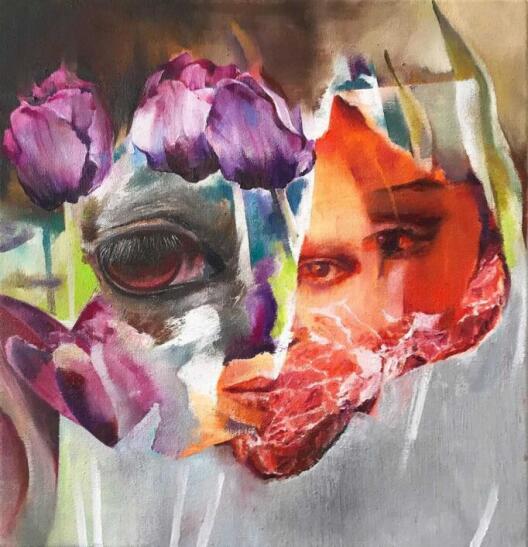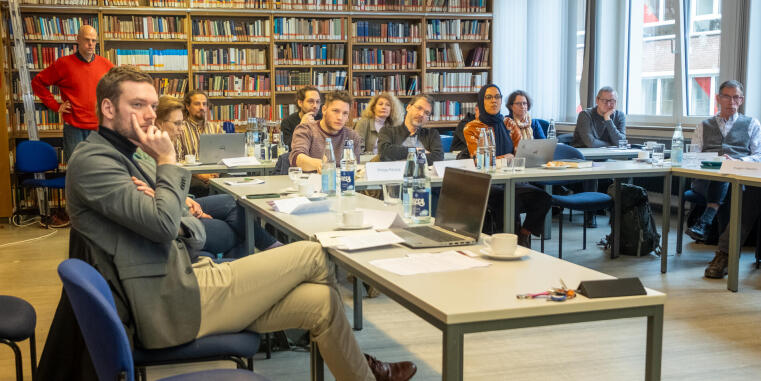The project
Title
Utopia and responsibility. Contributions about basic questions; Protestant ethics using the example of animal ethics
Starting point
Animal ethics became an especially socially and scientifically important topic during last years. This explains why also theological ethics focuses on this topic in a more detailed manner. Many theologists follow the position of following an approach that follows reality appropriate ethics and responsibility ethics. They clearly differentiate themselves from other claims for overcoming speciesism and anthropocentrism, as well as from the idea of animal rights. This differentiation is based on the belief that a Utopia is fundamentally not suitable for Protestant ethics. Here, responsibility becomes a counter term to Utopia.
Concerns and goals
This research project starts in the tension field of Utopia and responsibility. It follows the question of the significance of Utopia in ethics in general, as well as in animal ethics.
On a fundamental level, it deals with reasons for Utopian scepsis, as well as arguments for positive meanings of Utopia and asks, how to combine these. The hypothesis is that Utopias are useful and necessary because they open up new possibilities and encourage behaviors towards more equality. However, this is only possible, if they are understood in a specific way and can be differentiated against other concepts.
Research also focuses on the role of Utopia in animal ethics’ discourse of theology. First, questions about the significance of Utopias are asked and how they can be integrated in theological ethics. Further, theological and non-theological imaginations about human-animal-Utopia are examined as part of plausible theological animal ethics (e.g. solidarity with non-human livings or political interest representations, etc.).
The goal of this project is to find basics that are coordinated in a theological animal ethic that stands between Utopia and responsibility.
For a more detailed project description, please click here.


